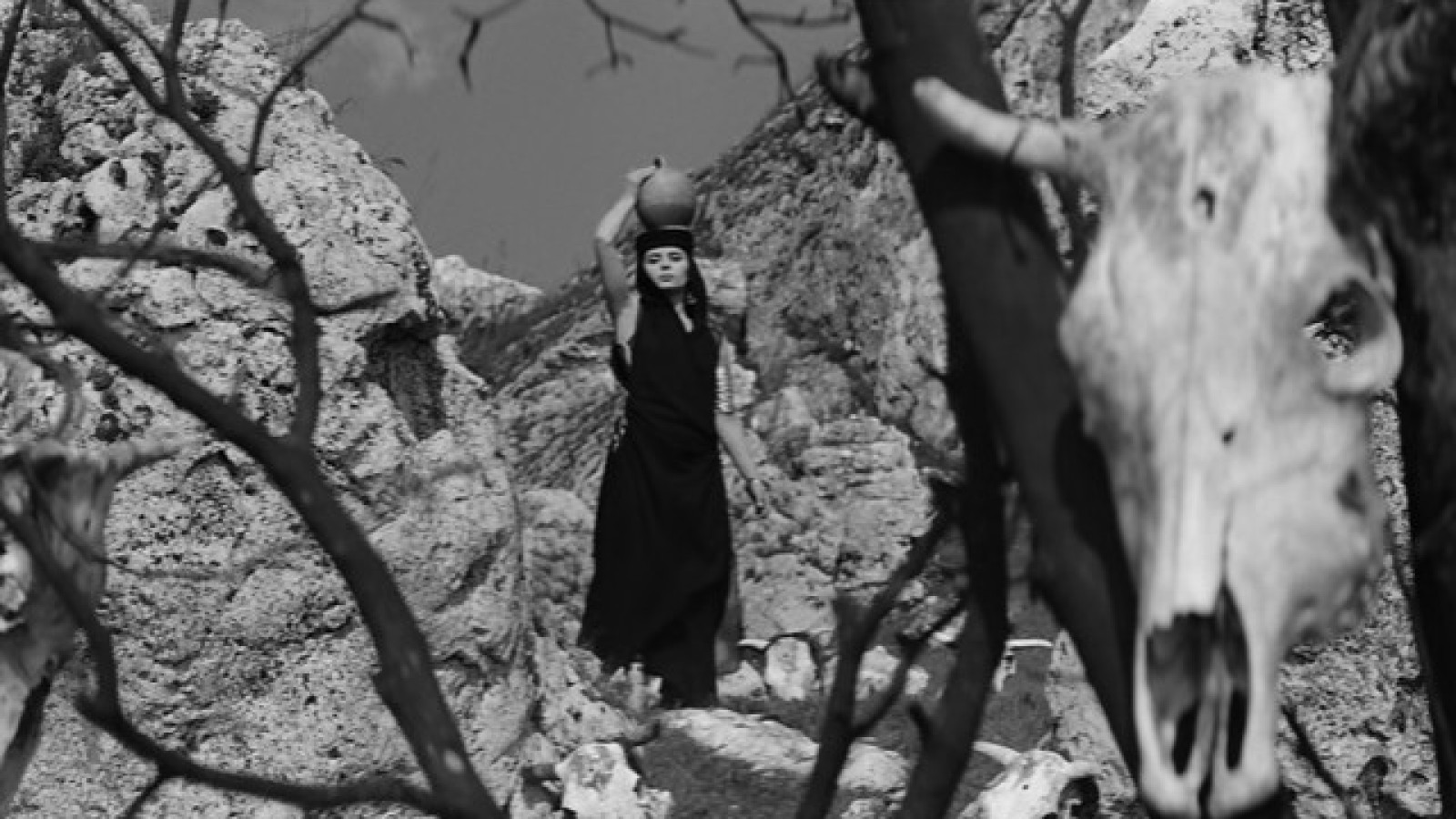Summary:
A soldier in a war finds a book that recounts a tale of a soldier traveling through Spain and meeting a variety of characters, many of who have stories of their own to tell.
My Thoughts:
I really enjoyed Wojciech Has’ “The Hourglass Sanatorium”, so when we at TMM approached the Poland leg of our World Tour Series I knew I wanted to check out another one of Has’ films. When scouring his filmography, I found this film, the “Saragossa Manuscript” and I immediately recognized the title, not from the film, but from the novel by Jan Potocki of the same name. While I haven’t read this book, I remembered watching an interview with Neil Gaiman (author and show runner of Good Omens), and he highly recommended the novel… so I figured I could at least watch the movie, even if I didn’t have time to read the book (the bibliophile inside me raged in protest even as I typed out that sentence). I went on to learn that Frances Ford Coppola (director of “The Godfather”) and Martin Scorsese (director of “Taxi Driver”) financed a restoration of this film, and Jerry Garcia (of the Grateful Dead) is apparently a huge fan. With all that going for this film, I figured it was a safe bet.
For the most part, I really enjoyed this movie, but I have to say at times it was a bit tedious and repetitive, and both qualities in the film are done so purposefully. This is a movie about stories, and stories inside of stories, and stories inside of stories inside of stories… Because of the nature of this movie, there are dozens of characters. Some of these characters start stories that have no ending and are seemingly without point; some characters inside of stories appear in one story, disappear, and then reappear in other stories; some of the stories are quiet comedic, while others are thrilling. There are so many stories inside of this film that at times it becomes difficult to keep track of what’s really going on in reality (if there is such a thing in this film). The way the stories are crafted, however, is brilliant; for the most part, it feels natural to fall through these levels of stories. Though I was really enjoying my viewing of all these various vignettes, towards the later parts of the film I started to wonder how many more stories I would hear, and that’s where the tedium started to sink in.
To my great delight, however, the main character, a soldier, eventually starts to get fed up with all the stories as well and asks a question that had started to brew in my own mind: What is the point of all of these stories?
The soldier, at this point in the story, is dining at a party and had been listening to a gentleman talk. The gentleman says that by telling stories within stories we prolong the overarching story; stories become a way of extending our own lives. My mind jumped to 1001 Arabian Nights, where Scheherazade continues telling stories to Shahryar in order to prolong the date of her execution, and then to the quote by George RR. Martin said: “A reader lives a thousand lives before he dies” (if you want to expand ‘reader’ to just those who enjoy stories (including films), that’s fine too). This is a story about being in love with the process of telling stories. I thought that that conversation really brought about a tying together of themes, and for the most part it helped to justify the film’s hefty runtime.
This movie was a lot funnier than I ever imagined it would be, and a lot of the scenes feel like this movie would feel right at home in Gilliam’s movies (“Brazil”, “The Fisher King”) or in a Monty Python sketch. Though sometimes the stories deal with ghosts and vampires, demon-possessed men, and women who have lived their whole lives without seeing men, there’s barely any tension. Most of the stories are approached with an almost slapstick sense of humor and wry and slightly dark wit, and that lackadaisical approach to the story certainly helps with the pacing in those stories. The film is also pretty epic in scope; we hear stories from various wars and different parts of history, and the topics range from new and old love, searching for treasures, loosing oneself to madness… There’s so much that happens in this film that to try to talk about it all would be futile.
Has, who brought me to this film originally, is in fine form when it comes to directing. While I must admit that overall I preferred “The Hourglass Sanitorium” to this film, I honestly think both films showcase a unique voice. Has really has an eye for great locations and he knows how to get the most out of his production design with amazingly dynamic shots.
Verdict:
I think that people who aren’t used to watching older films or foreign films might have a problem getting through this movie just because of the length and the seemingly directionless plot, but for those people who are used to watching arthouse epics, this movie will be a breeze to get through. The humor, the general weirdness, and all of the amazing fantastical elements honestly make “The Saragossa Manuscript” a story unlike anything I’ve ever seen before, and I can guarantee I’ll remember it for some time.
Review Written By:






